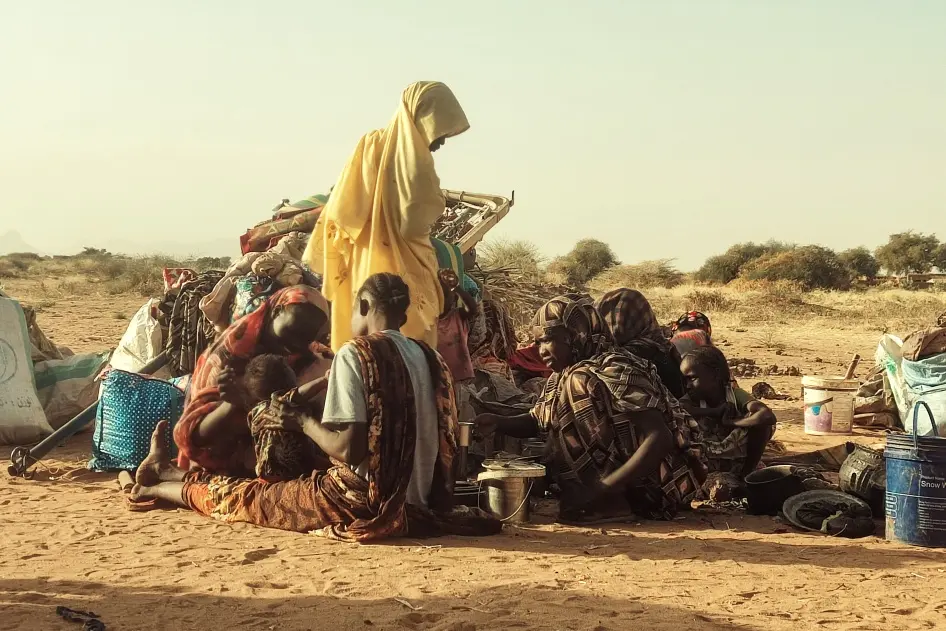An estimated 260,000 civilians, about half of them children, are trapped in the North Darfur state capital of El Fasher amid worsening conditions, the United Nations said Wednesday.
UN spokesman Stéphane Dujarric, citing the U.N. children’s agency UNICEF, said malnutrition, disease and violence are claiming young lives daily in the city, which has been under siege for more than 500 days.
The U.N. Office for the Coordination of Humanitarian Affairs (OCHA) warned that the humanitarian situation in North Darfur is deteriorating at an alarming rate, Dujarric said.
He said UNICEF reported that acute malnutrition is spreading rapidly, with more than 10,000 children in El Fasher treated for severe acute malnutrition since January — nearly double the number recorded during the same period last year. The depletion of supplies has forced the suspension of services, and at least 63 people — mostly women and children — reportedly died of malnutrition in a single week, he added.
Dujarric also said a cholera outbreak continues to spread in North Darfur, with more than 7,000 cases reported as of Monday. The outbreak is expanding across the wider Darfur region and into the southeastern Blue Nile state, where more than 3,000 cases have been recorded.
“We and our partners have scaled up support for the cholera response, including medical supplies and water, sanitation and hygiene assistance, which has helped contain the outbreak,” Dujarric said. “However, new cases are emerging in remote communities where access to healthcare is limited.”
Meanwhile, heavy rains have rendered roads between South and East Darfur impassable, disrupting the delivery of medical supplies to affected areas, he said.
Dujarric said the U.N. and its partners remain committed to delivering aid wherever access is possible. But insecurity, bureaucratic delays, logistical challenges and severe underfunding continue to hamper humanitarian operations.
He reiterated the U.N.’s call for all parties to uphold international humanitarian law, ensure safe and unhindered access for aid workers, and prioritize the protection of civilians.




